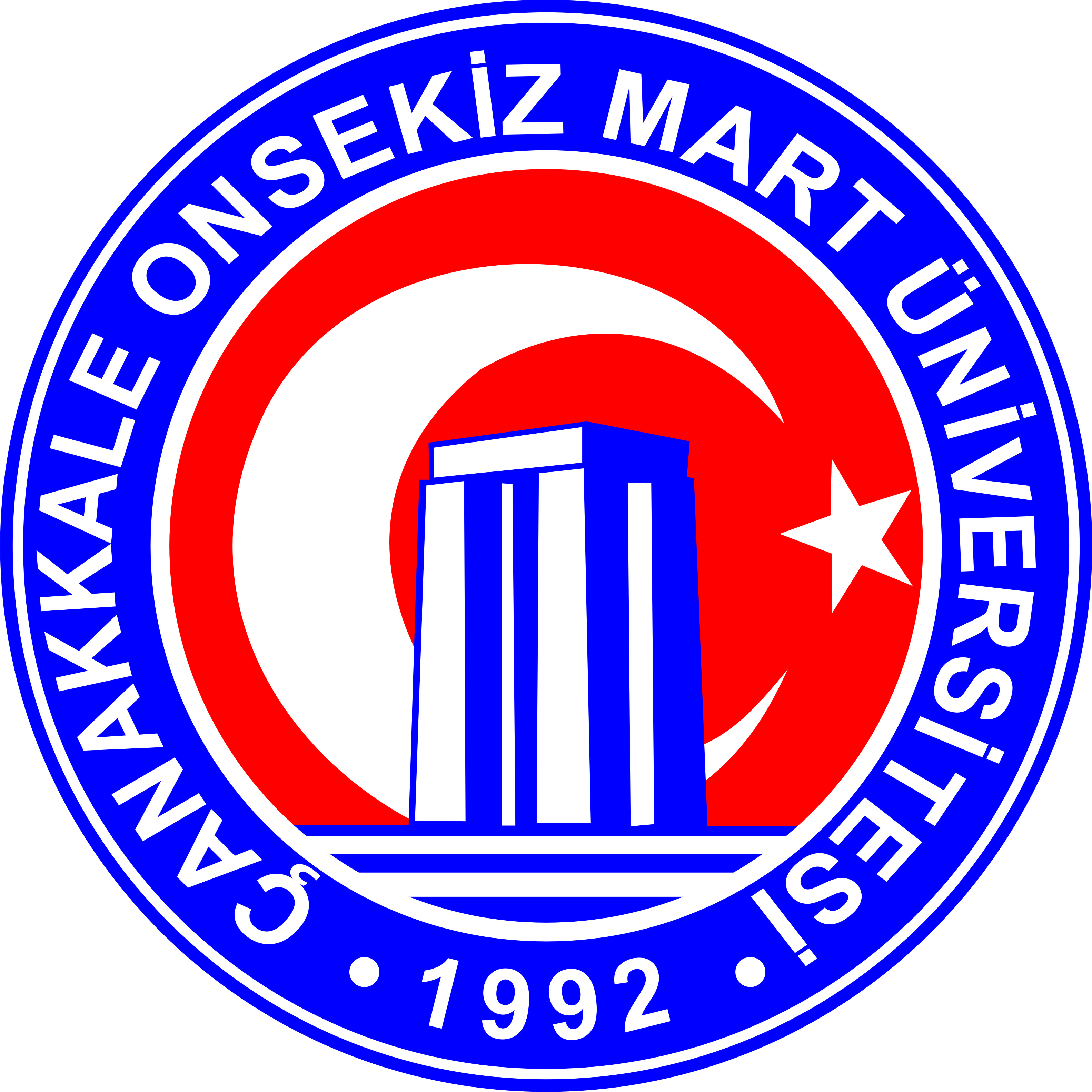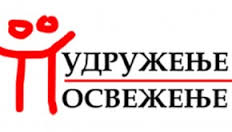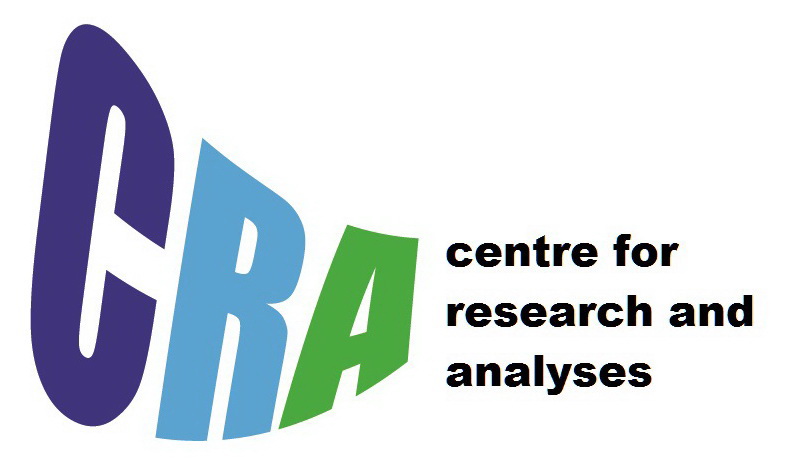The project is relevant to „Innovative practices in a digital era“ priority, as it will ensure the development of an innovative ICT solutions, which will allow to the universities, professors and mainly to students to sustain the quality level of their education in conditions of Covid 19 pandemic or other similar extraordinary situation.
The developed under the project on-line distance courses in Bioinformatics and Databases will develop the digital competences of the students and represent a substantial innovation in the learning process as a result of a profound research and development activities, which are to be implemented by the project partners within the framework of the intellectual outputs to be realized under the project.
The global situation has already changed as a result of the Pandemic Covid 19, and the changes will be irreversible and more dynamic than the rate we will be able to react with. The labor market is exponentially changing and problem with addressing proper skilled labor force is growing. The current situation is combined with other several factors– lifestyle
changes, the increasing possibility for remote or distance working strongly related not only to pandemic but and to the fact that a large part of the jobs currently created are much more mentally than physically labour-intensive and so on. To answer this growing trend should be addressed by the higher education institutions. They are forced to include new approaches of educational methods and instruments, new syllable, complementary measures, and the development of dedicated learning teams, programmes or hubs, the generation of new knowledge and skills and mentoring processes offered to higher education students. By stimulating digital skills and thinking among students, encouraging the development of new manner of teaching can tackle with the challenges which are results of pandemic. Universities play pivotal role in supporting, stimulating and promoting new attitudes, thinking and behavior addressing society needs. A big part of the adult population aged 16+ in the member states of the European Union have some lack of steady digital skills. These facts affect a wide range of socio-economic outcomes, including education and labour market. As a result, these parts of the society tends to be concentrated in lower-skilled, lower-paid occupations and bearing in mind current situation could be excluded from the labor market. This situation affects even more harshly young students who are usually highly motivated to have access to high quality higher education (HE) courses but often encounter different barriers from limited knowledge and skills. There is a gap between adopted knowledge and practice and one of the areas where particular efforts are needed is the teaching and learning processes with emphasis upon new technology. A shift towards more accessible digital practices and a wider availability of learning materials for all students is essential.
To answer this growing trend should be addressed by the higher education institutions. They are forced to include new approaches of educational methods and instruments, new syllable, complementary measures, and the development of dedicated learning teams, programmes or hubs, the generation of new knowledge and skills and mentoring processes
offered to higher education students. With regard to that context TACOHEQ is a 22-month project to empower universities in Bulgaria, Greece, Serbia and Turkey by entering into new strategic partnerships, to face the challenges rising from the global pandemic of Covid 19 and future similar events that will require on-line distance trainings. The project will identify the main shortcomings and difficulties in the process of on-line distance trainings, that the students, training and administrative staff of the participating universities have faced in the last year, due to the pandemic of Covid 19. Those challenges will be profoundly analysed by experienced partner organisations – Center of research and analysis (Bulgaria) and Udruzenje gradjana Osvezenje (Serbia) and relevant findings and recommendations will be made in an special document. A methodology for development of an on-line distance
courses in Bioinfomatics and Databases will be developed. Based on that result special courses for on-line distance training in Bioinformatics and Databases will be developed and approbated by the partnering universities – South-West University “Neofit Rilski” – Blagoevgrad (Bulgaria), University of Thessaloniki (AUTH, Greece),Çanakkale Onsekiz Mart
University (Turkey). As a project result it is expected to be available a full methodology and on-line courses in Bioinformatics and Databases, for shifting from face-to-face training to on-line distance training, which will be ready to apply not only from the project partners, but also from universities beyond the current partnership. The expected impact will be substantial with regard to the ability of the higher education institutions to provide innovative and flexible learning methods in challenging and changing environment which require fast and effective solutions in order to keep the quality level of their education.
The concept of TACOHEQ project includes a range of innovative elements, based on the still limited experience in Europe and Worldwide.
Innovative approach:
The first announced global pandemic of Covid 19 virus has brought an unprecedented challenges to the learning institutions including universities worldwide. In a very short terms they were forced to shift from face-to-face trainings to distance trainings and the greater part of them were not prepared, as the hadn’t have prepared their curricula for such transition due to lack of methodologies, way of teaching, presentation materials and many other reasons that are not yet fully identified, as the pandemic has been announced relatively recently , so not all effects and consequences have been studied and maybe even are not still quite clear , as they will most likely appear in the near and mid-term future. This is the reason why the envisaged Analysis of the data, based on carried National research and Focus groups will be In its essence an innovative tool that will outline the methodology and ways to transform an F2F learning courses into on-line distance ones, taking into account the specificity of the problems arising from the Covid 19 Pandemic.
Curriculum innovation:
The training programmes on Bioinformatics and Databases will be completely new with regard to the way of teaching, to the academic institutions. Introducing the training modules into the universities (e.g. topics in existing disciplines / new teaching methodologies applicable to existing disciplines / elective modules / extra courses), meeting all local quality requirements, will innovate the curricula of the universities and will let them to be effective in their main aim, namely learning and teaching in the conditions of Covid 19 pandemic . This process will include researchers at both senior positions and students, and will especially encourage the inclusion of international exchange students. Initially a group of professors from each university per each institution will be trained, who will then cascade to local stakeholders. The programmes will be localised to fit the varied academic and cultural contexts, and be mainstreamed to support sustained skills provision beyond the lifespan of the project.
The main partner and applicant organization under the project – South-West University “Neofit Rilski” – Blagoevgrad, has formed the partnership based on the needs that have to be faced with regard to the problems to be solved. Taking into consideration that a sound analytic report with relevant findings and recommendations should be made in order to develop a methodology for on-line distance learning courses, the Applicant organization contacted various NGOs with extensive analytic experience and selected the best ones – the Centre for research and analyses and Udruzenje gradjana Osvezenje.In order the project to have wider international impact the applicant organization contacted several universities that have interest to introduce on-line distance courses on Bioinformatics and Databases . Among all contacted a strong interest and commitment showed the University of Thessaloniki and the Çanakkale Onsekiz Mart University. Thus, the implementation of the project results will have cross border impact, it will take into consideration the national differences and will be better applicable to other interested universities above the project partnership. All project partener have implemented Erasmus + project before the current application.





